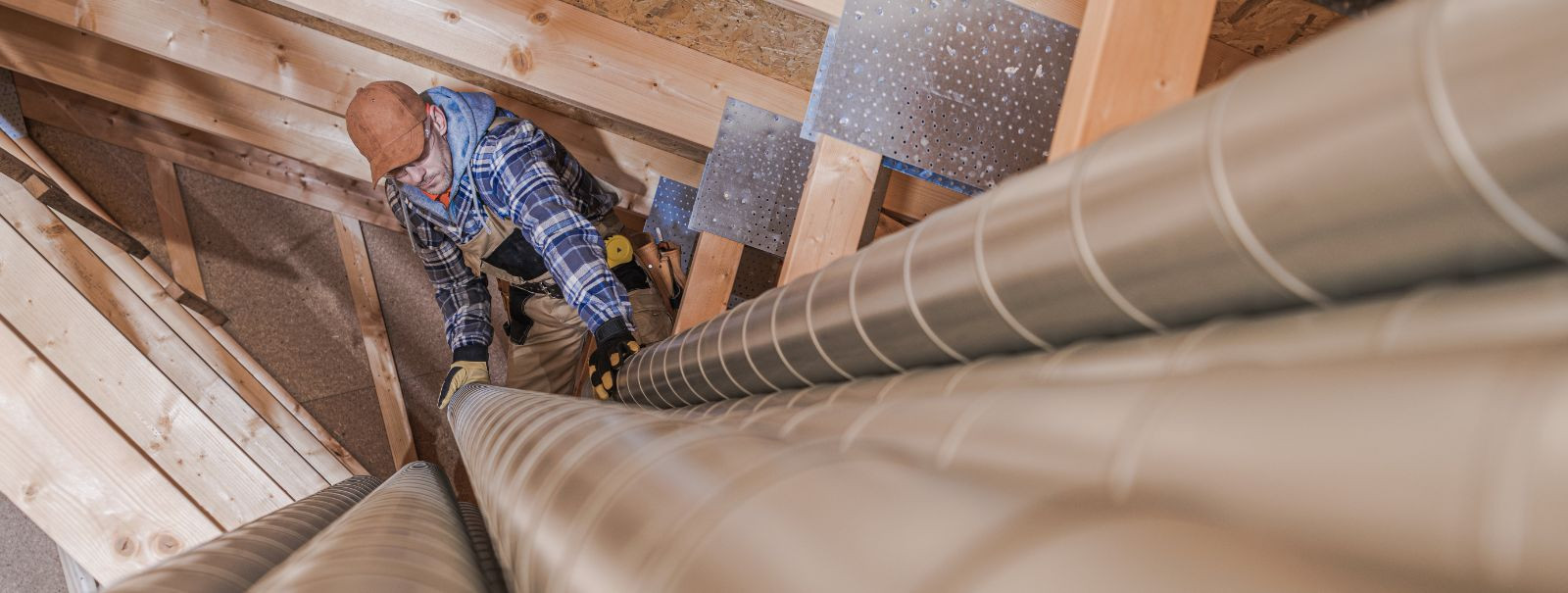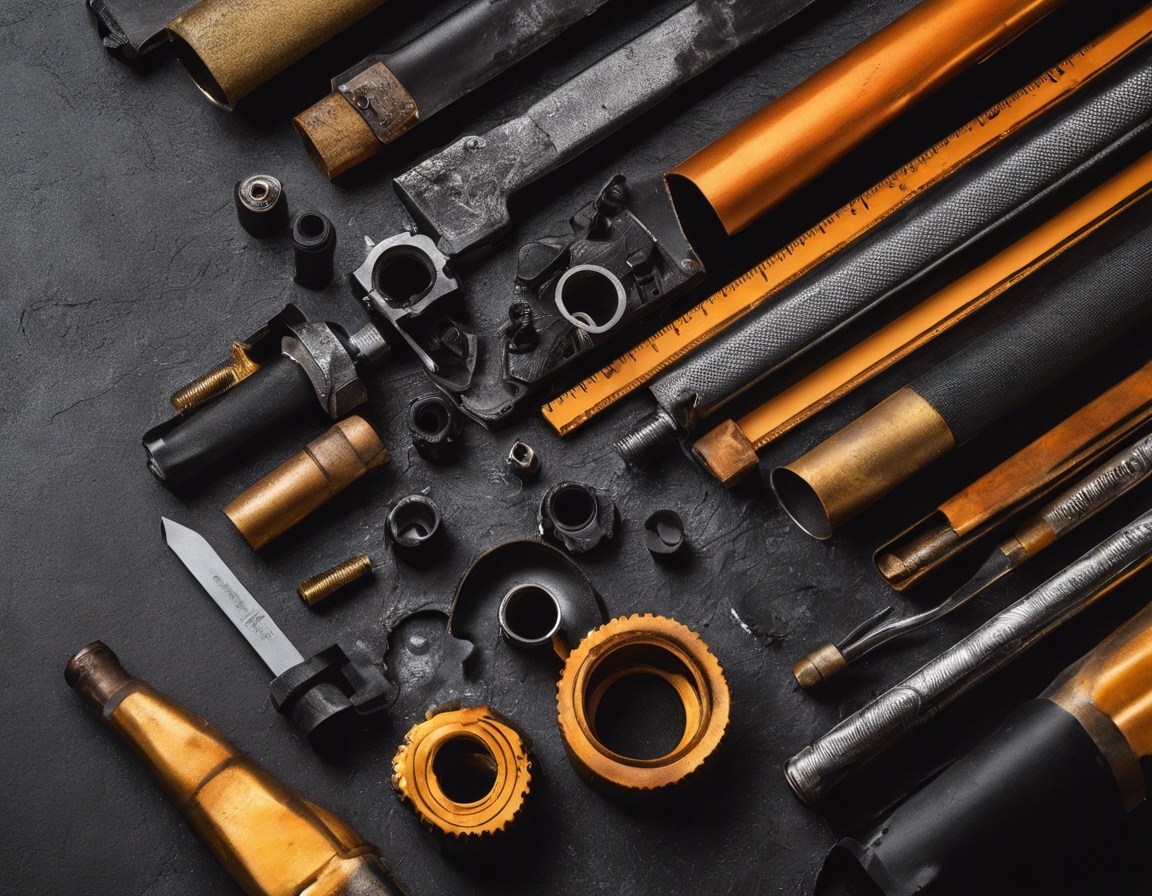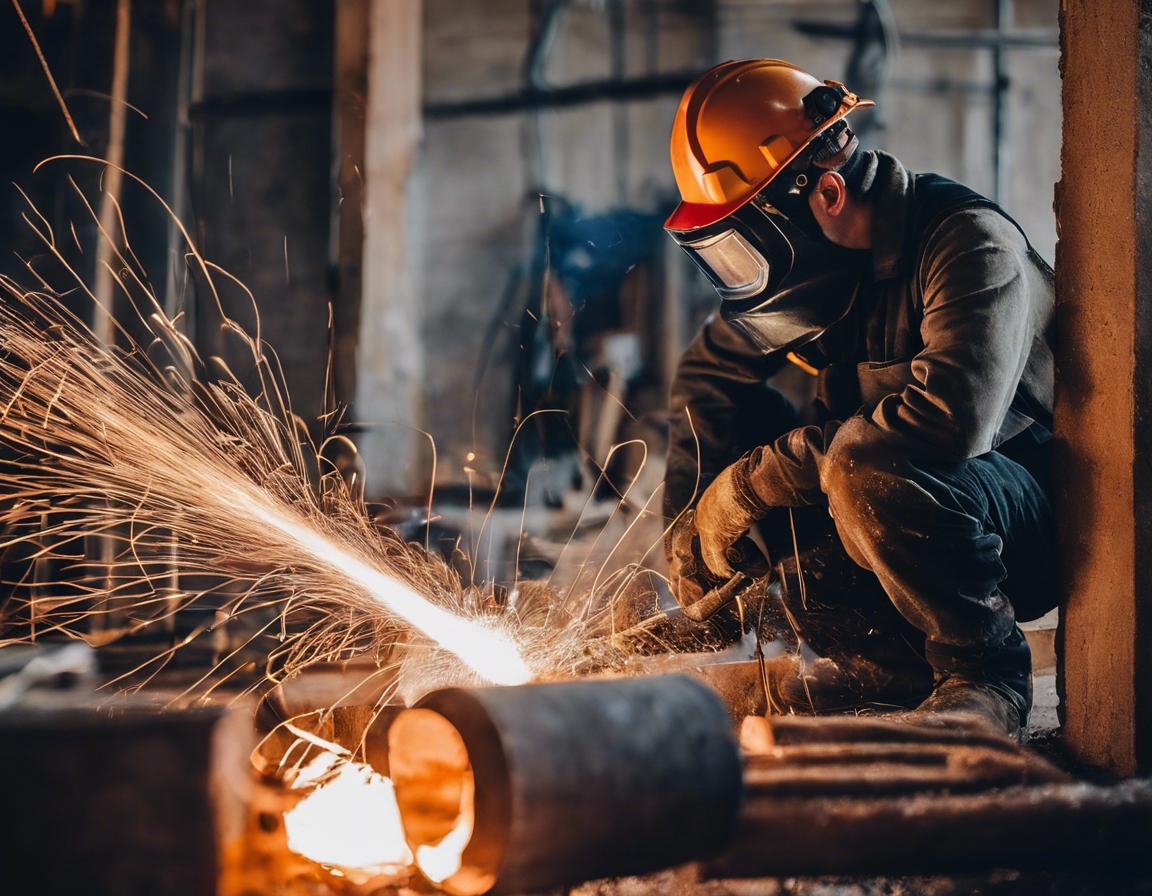The importance of regular pipe insulation
Pipe insulation is a protective covering designed to prevent heat transfer between the pipe and its environment. This simple yet effective solution can significantly impact the efficiency and safety of a building's plumbing and heating systems.
Insulating pipes is crucial for several reasons, including energy conservation, protection against freezing, and noise reduction. It's an investment that pays off in the long run, ensuring that your home or business operates smoothly, even in the harshest of climates.
The Benefits of Regular Pipe Insulation
Properly insulated pipes reduce heat loss, leading to lower energy bills. This is especially important in climates with extreme temperature fluctuations, as it ensures that hot water retains its temperature as it travels through the pipes.
In cold climates, uninsulated pipes can freeze and burst, causing significant damage and costly repairs. Regular insulation helps maintain a consistent temperature within the pipes, reducing the risk of freezing.
When warm air meets cold pipes, condensation can occur, leading to water damage and mold growth. Insulation acts as a barrier, preventing condensation and the associated risks.
Insulated pipes can also dampen the sound of running water, providing a quieter and more peaceful environment.
By reducing thermal stress on pipes, insulation can extend the lifespan of your plumbing system, saving you money and hassle in the long term.
Types of Pipe Insulation Materials
Fiberglass is a common insulation material that offers excellent thermal resistance and is suitable for high-temperature applications.
Foam insulation, such as polyethylene or rubber, is flexible and easy to install, making it a popular choice for residential plumbing.
Reflective insulation, which includes materials like foil-faced polyethylene, reflects radiant heat away from pipes, providing an additional layer of protection.
Selecting the appropriate insulation material depends on factors such as pipe material, environmental conditions, and budget. It's important to consider these factors to ensure optimal performance.
Installation and Maintenance of Pipe Insulation
While some homeowners may opt for DIY pipe insulation, professional installation ensures that the insulation is applied correctly and efficiently. Experts can also advise on the best materials and methods for your specific needs.
Regular checks and maintenance can help detect issues early and prevent major problems. This includes inspecting for moisture, ensuring the insulation is intact, and looking out for signs of wear and tear.
Over time, insulation can degrade. It's important to know when to replace or upgrade your insulation to maintain its effectiveness. Signs of deterioration include sagging, dampness, or a noticeable decrease in performance.
Common Challenges and Solutions
Moisture can be a major enemy of pipe insulation. Choosing the right materials and ensuring proper installation are key to preventing moisture-related issues.
Some areas may be difficult to insulate due to limited space. Specialized insulation techniques or materials may be necessary to address these challenges.
Outdoor pipes require special consideration, as they are exposed to the elements. Using weather-resistant insulation materials and proper installation techniques is crucial for protecting these pipes.






Comments (0)